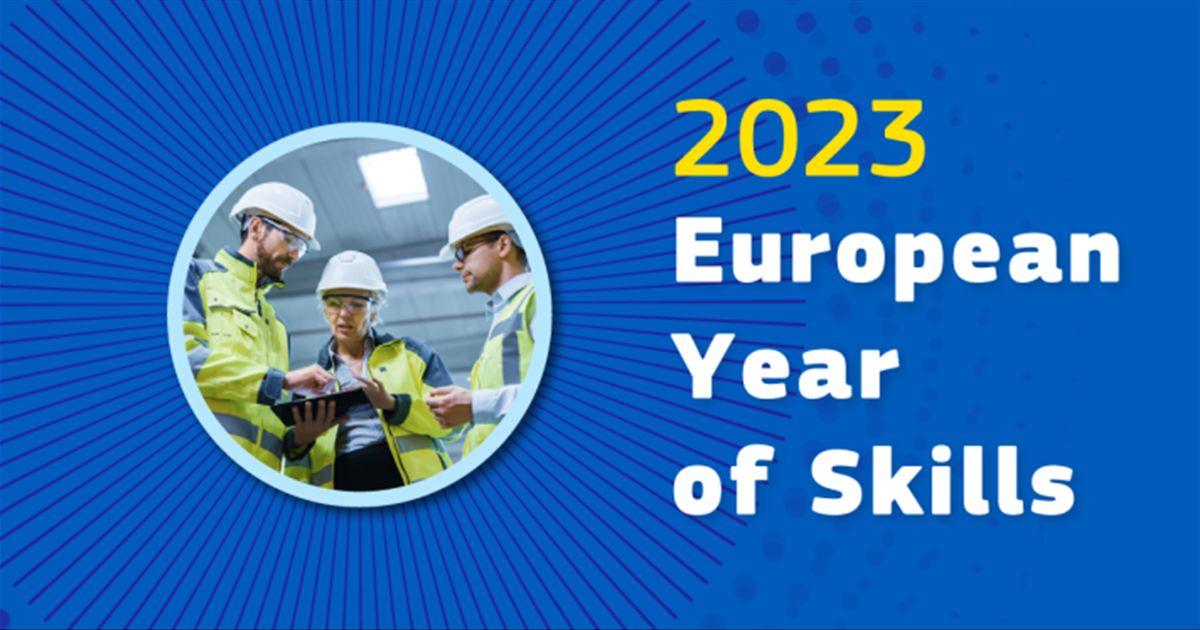European Year of Skills 2023: views of ETUCE
Published:
In October Commissioner Ursula von der Leyen announced the theme of 2023: European Year of Skills. Following this the European Commission presented a Proposal for a decision of the European Parliament and of the Council on a European Year of Skills 2023. ETUCE welcomes that the decision of the European Parliament and of the Council on a European Year of Skill 2023 is developed under the umbrella of the European Pillar of Social Rights. At the same time, the human and public good dimension of education should be taken into account. Therefore, a holistic approach to education should be safeguarded, by avoiding to define and change curricula according to employability rate of graduates, ‘labour market needs’ and the need of finding workers with the “right skills”. Education should not only serve the purpose of the changing expectations of the labour market, but contribute to ensure that students acquire key competences and basic skills linked to social, democratic and citizenship values. The text addresses the importance of “investment in professional education and upskilling”, only linking education to labour market needs. Focusing too much on the latter would lead to a lack of the skills needed to become proactive and democratic citizens. On this note, the document addresses the issue of skill shortage in the sector of STEM (science, technology, engineering and math), while the shift towards teaching STEAM (science, technology, engineering, arts and math) should be embraced, as it would enhance the essential social role of teachers and trainers which was evident during the COVID-19 pandemic.
The European Commission proposal to overcome skill shortages is for example by introducing micro-credentials. However, as we expressed in our Position Paper, micro-credentials pose several issues such as quality standards compliance and respect of academic and institutional autonomy of universities. Moreover, the pressure to serve labour market needs could push universities to make use of public funding to finance for-profit private providers of micro-credential courses, instead of supporting quality trainings organised by universities. That could lead to the process of commercialization of public initial education.
Moreover, the European Commission adopted the “Skills and Talent Package” in order to “attract skilled third-country nationals and contribute to tackling the Union’s skills and labour shortages”. Nevertheless, ETUCE shares the views of ETUC that the Commission should support not only high-skilled migrants and refugees but provide equal treatment to all, and ensure quality education for migrant and refugee children.
Finally, even though the European Commission highlights the importance of skill development within the green and digital transformation of education and the labour market, the support of teachers is not mentioned. Active support to teachers and trainers should be focused on in order to guarantee that teachers in VET and higher education are well prepared and upskilled to the digital and green transformation of schools and are well trained on key competences. Education trade unions should be involved in the design and implementation of reforms on the green and digital transition of schools and on defining necessary skills and competences for teachers and trainers to be acquired within initial and continuous professional development.